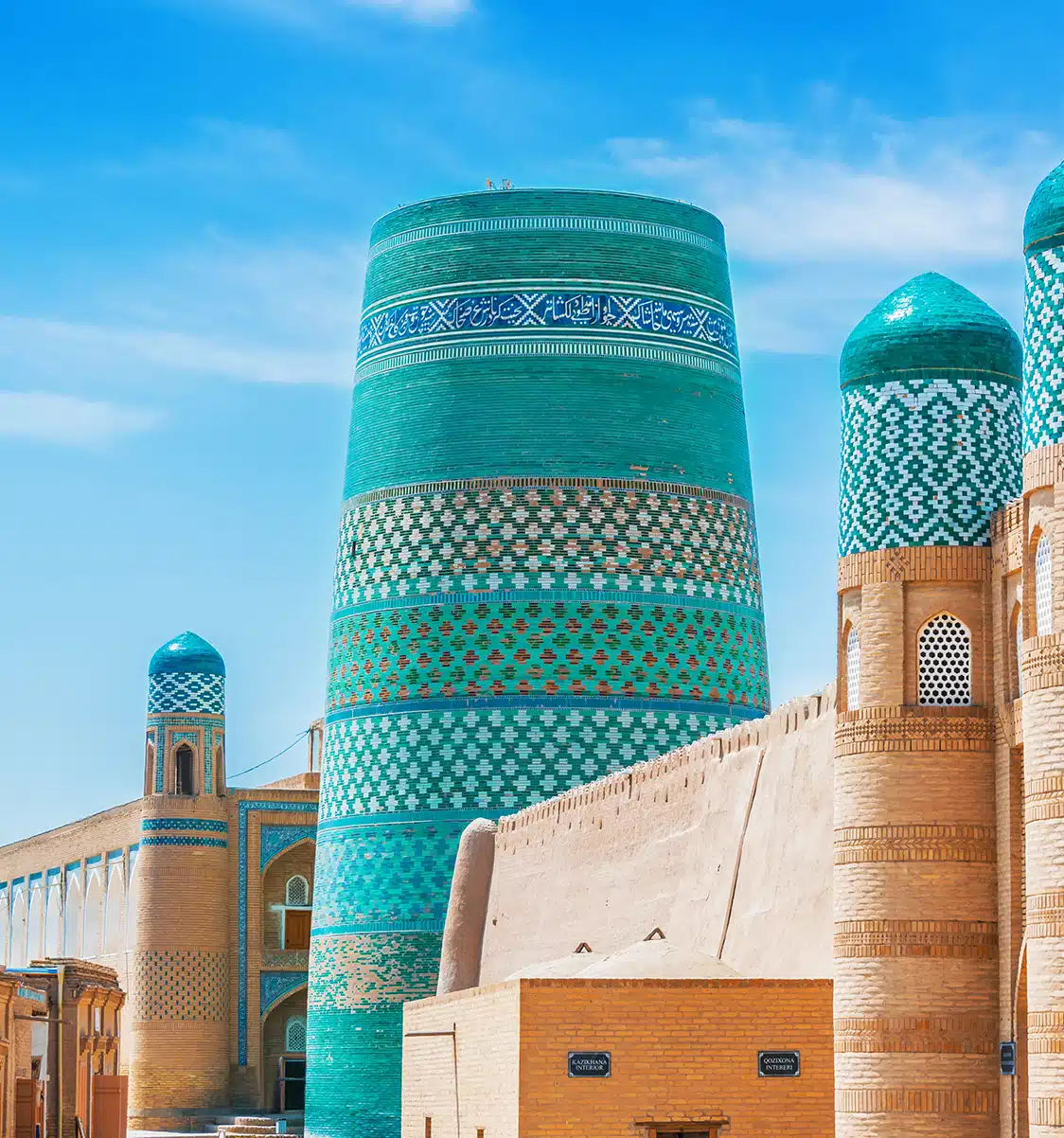
Uzbekistan travel is an exploration of picturesque medieval landscapes adorned with minarets that pierce the desert sky. Local pilgrims wear dazzling sequined robes with kaleidoscopic colors that are as vibrant as the people themselves. The country's aromatic scents blend with the melodic banter of a thriving bazaar, welcoming visitors to a foreign yet inviting country that is both adventurous and comfortable. This Silk Road destination has been making history for thousands of years, with decrepit Buddhist stupas and Zoroastrian shrines that testify to its antiquity, while stunning remnants of palaces and mosques make it easy to imagine how these medieval kingdoms became the source of stories of fantasy and legend. If Uzbekistan has already captured your imagination and you are seeking practical details on how to prepare for your upcoming trip, we encourage you to check out the Uzbekistan Trip Planner.
Get Started
Explore the deepest caves in Asia at Boi-Bulok where the depths reach 1,415m (4,641ft) in depth, and Kievskaya whose depths hit 990m (3,247ft). These are suitable for experienced cavers only. Beautiful gypsum formations can be seen in the Kugitang cave, while the caves of Baisuntau contain mummified bears and those in western Tian Shan feature underground rivers and lakes.
Noted by many as one of the most interesting cities in the world, Bukhara offers visitors more than 350 mosques and 100 religious colleges to admire. At the centre of it all, is the Shakristan (the old town), where the Ark, or palace complex of the Emirs, can be found. Close by is the 47m-high (145ft) Kalyan Minaret. Other sites of interest in Bukhara include the covered bazaars and the Kalyan Mosque which is open to non-Muslims. This is the place to do your shopping as everything from ikat fabric to silk road spices to Soviet memorabilia can be bought.
Tashkent's Chorsu ('four ways') Bazaar is a typical, but especially lively, bustling Central Asian bazaar. Covered stalls protect the piles of fruit and vegetables from the hot sun, and it is possible to barter for souvenir-friendly slippers, shawls, carpets, gowns and skull caps just as traders and merchants have done over hundreds of years.